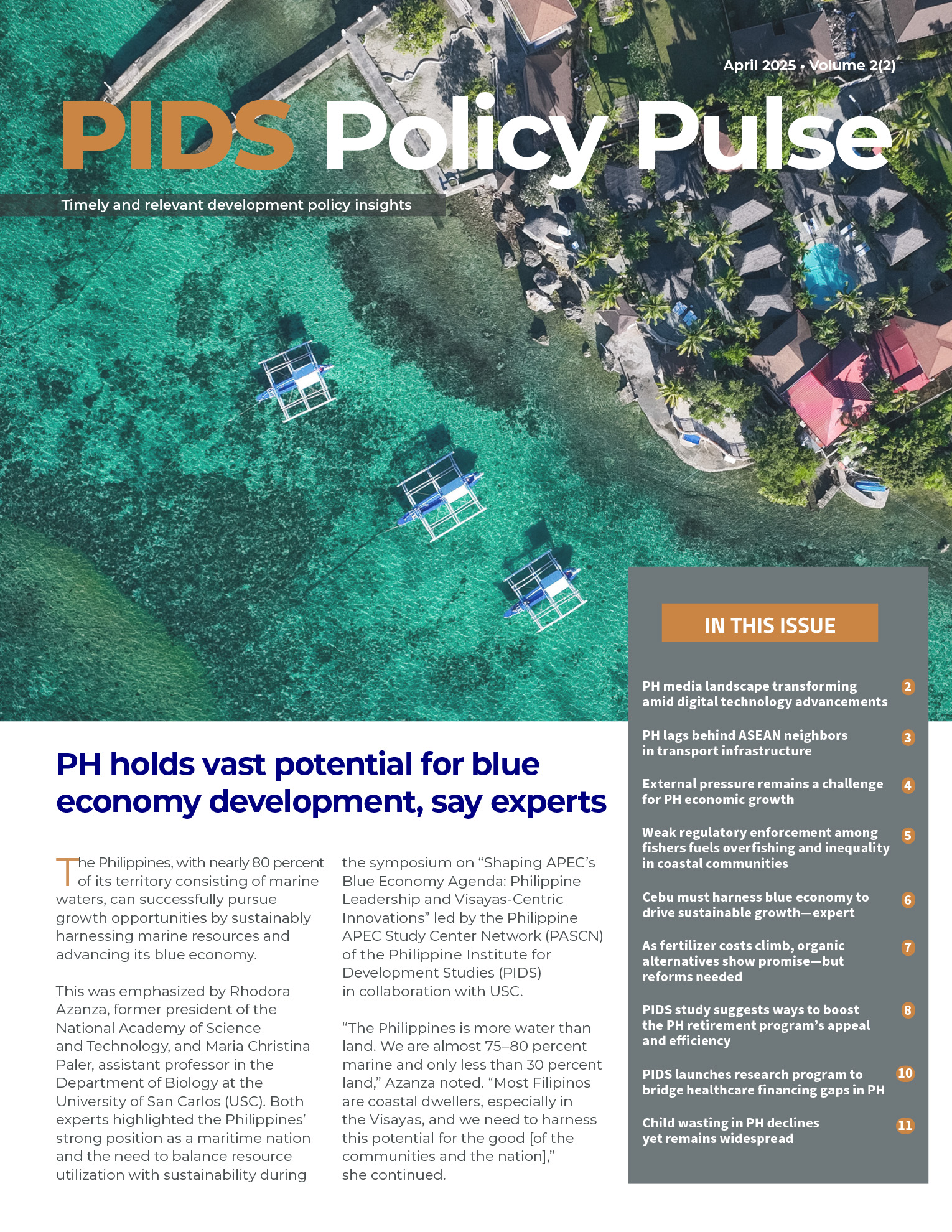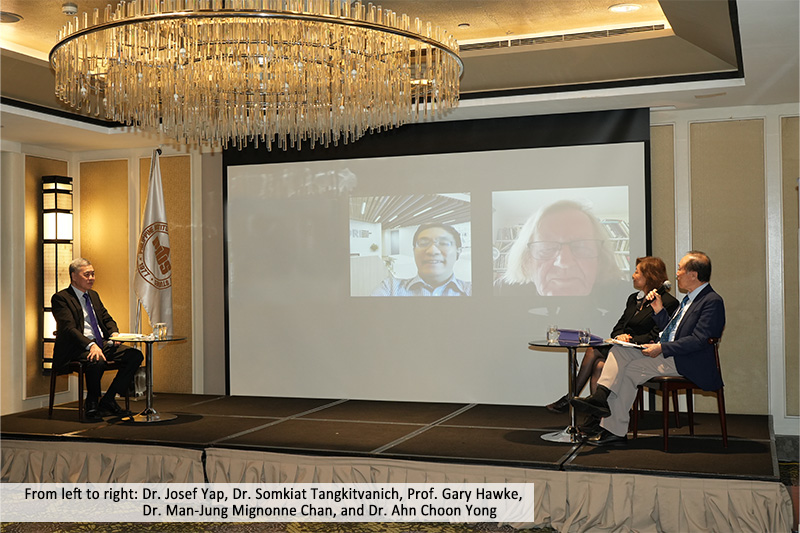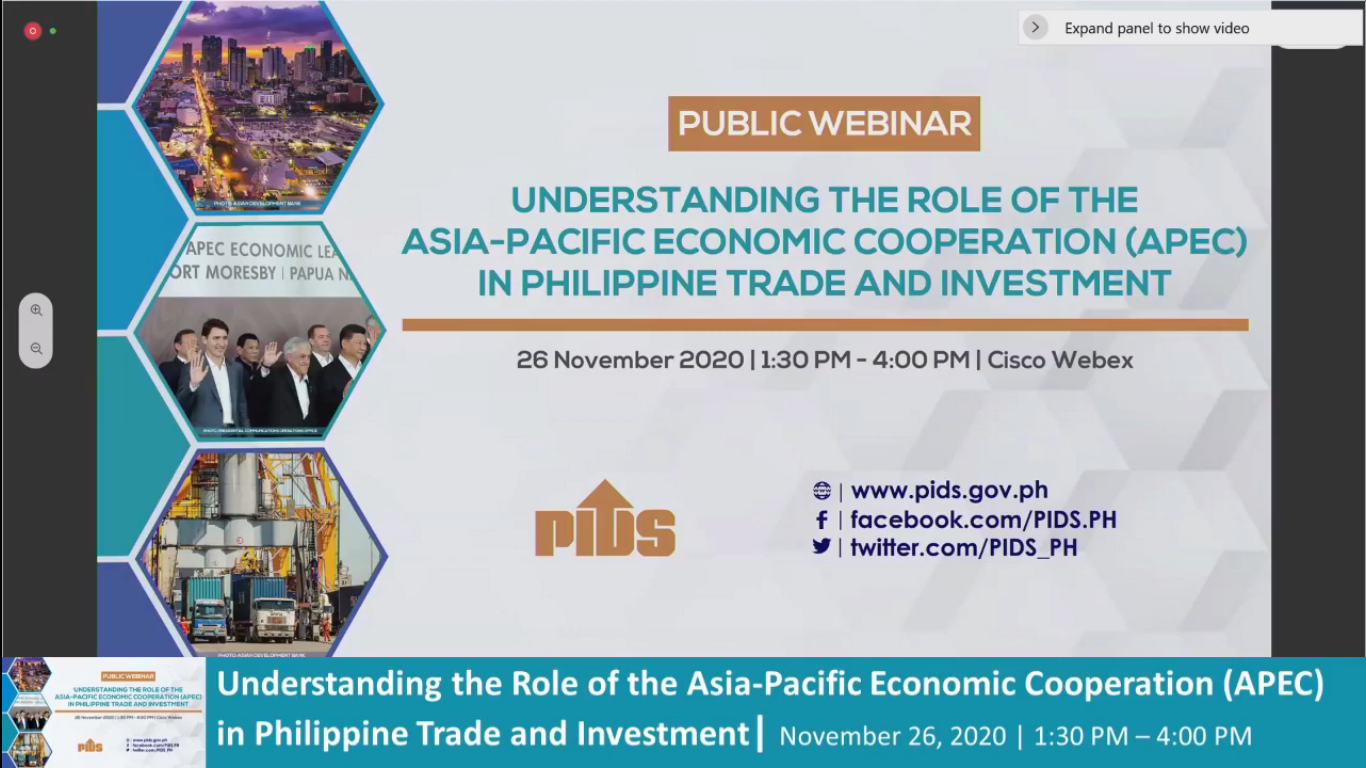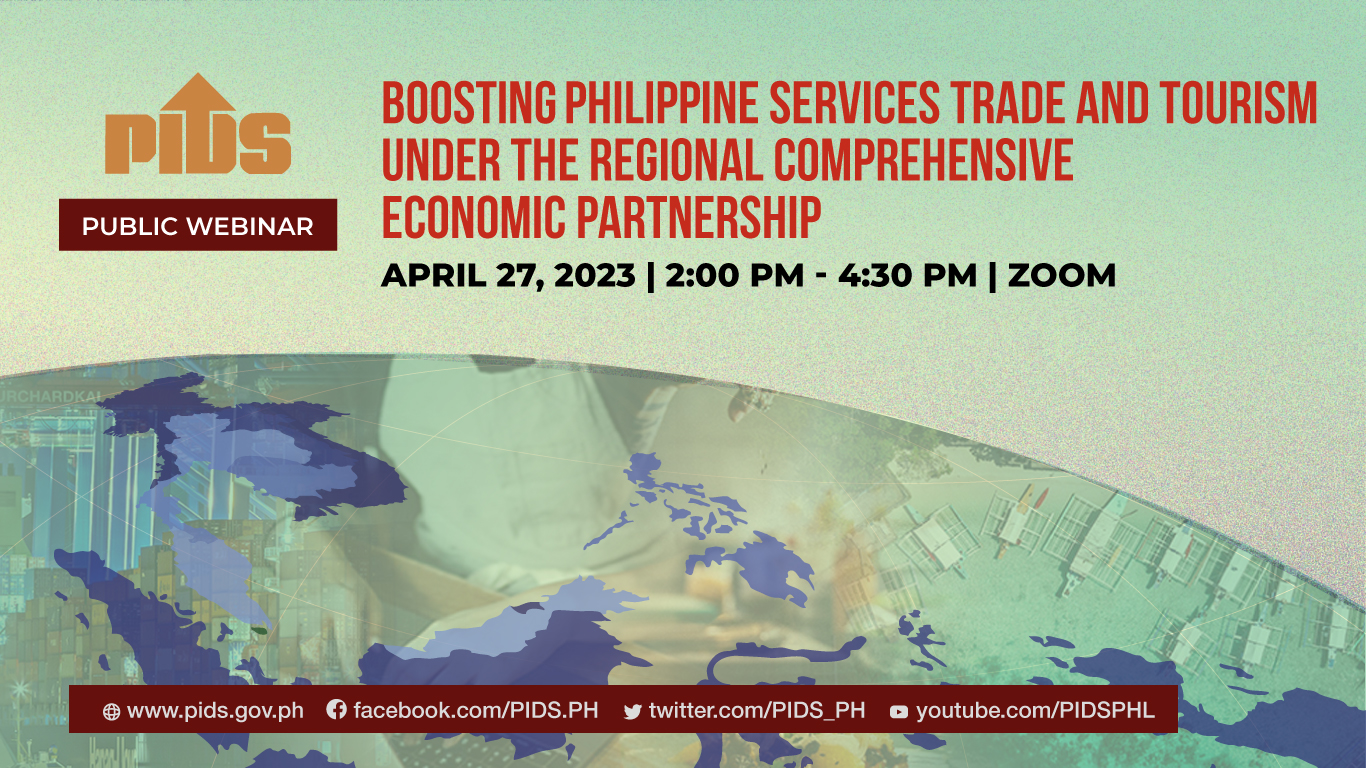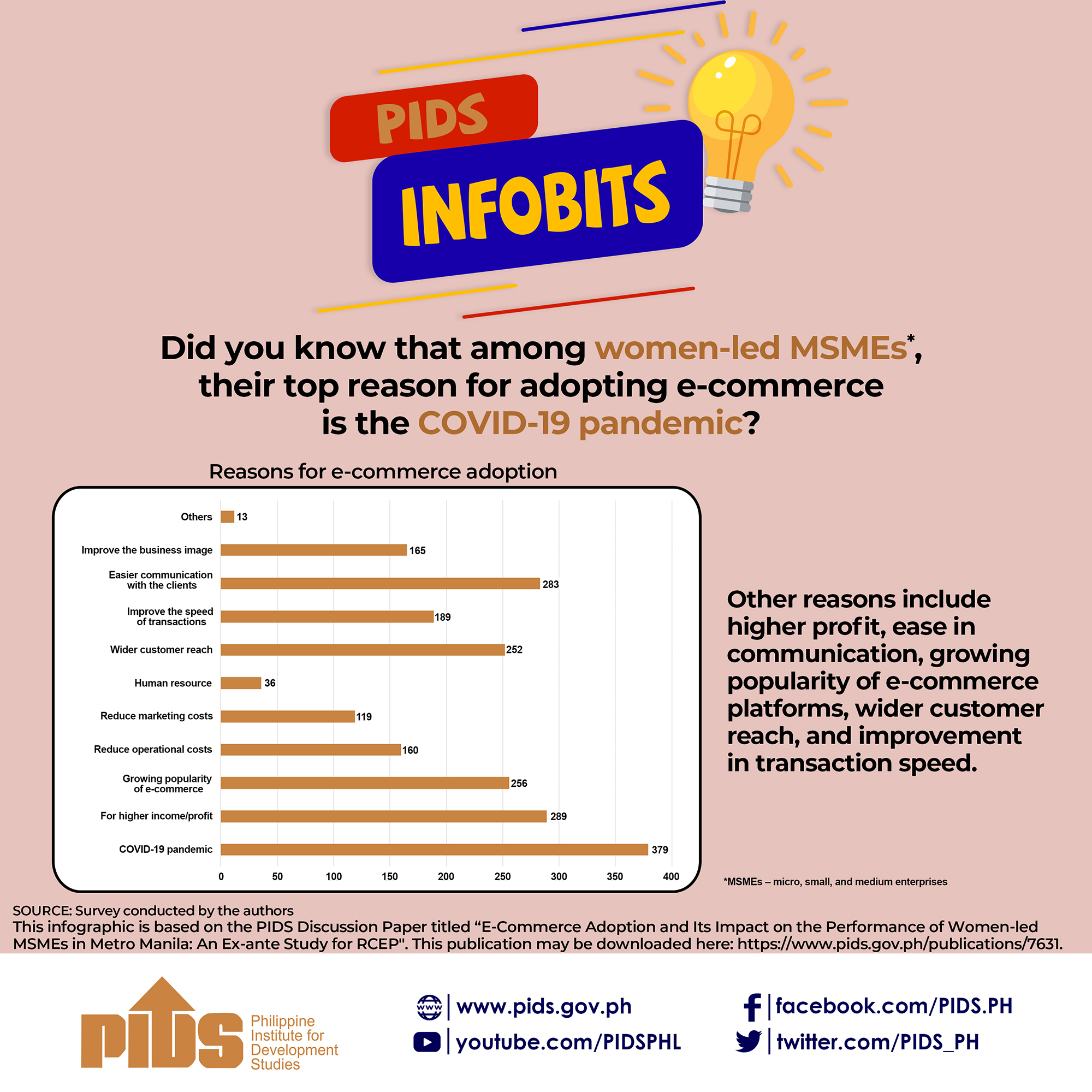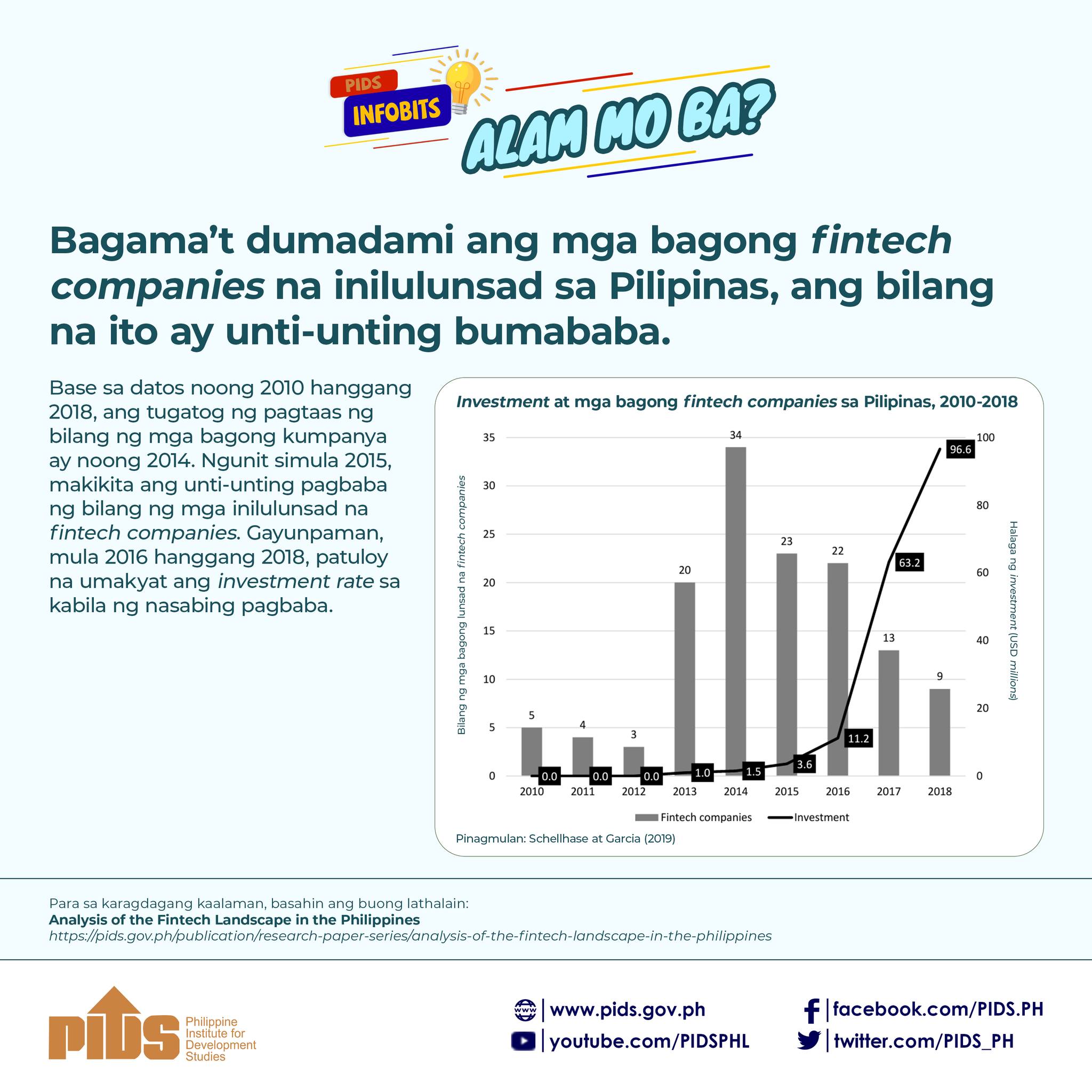Only half of enterprises in the Philippines are aware of the free trade agreements (FTAs) they can benefit from and use of these FTAs is even lower.
Rafaelita Aldaba, assistant secretary of the Department of Trade and Industry (DTI), told a forum on global value chains (GVCs) yesterday initial results of a survey commissioned by the Philippine Statistics Authority show only 50 percent of the respondents are aware of the seven FTAs the Philippines signed up for and their utilization rate is a low 40 percent.
Aldaba said the survey is still ongoing and covers 1,000 manufacturing enterprises in the so-called growth centers that include Central Luzon, Metro Manila, Calabarzon, Iloilo, Cebu and Davao. About 800 of the questionnaires have so far been retrieved.
But Aldaba said the numbers show an improvement of the awareness level of enterprises of the FTAs and their benefits compared with 30 percent as shown by a study by the Philippine Institute for Development Studies done a couple of years back.
Aldaba said the low awareness rate is largely due to the lack of information and the low utilization is attributed to cost and stringent regulations such as rules of origin.
The Philippines has a bilateral FTA with Japan and as part of Asean, has FTAs with China, Japan, Korea, Australia, New Zealand and India.
Aldaba said the Philippines, however, cannot be considered a laggard in terms of utilization in the Asean trade in goods agreement as enterprises in Indonesia, Thailand and Vietnam are at about the same utilization rate.
The final results of the study will be out by next month.
Meanwhile, Aldaba said there is a need to increase the contribution of small and medium enterprises (SMEs) to the gross domestic product (GDP) from the current 35 percent to 40 percent under the SME Development Plan.
The same plan targets to increase the share to employment which now stands at 65 percent.
Aldaba said in other countries in the region, the share of SMEs to employment is as high as 75 percent. At present, SMEs’ share to the country’s total exports is only 20 percent.
In contrast, Indonesia’s SMEs’ share to employment was at a high of 97 percent and 40 percent of GDP but this sector accounts for 16 percent only of its total exports.
Vietnam’s SME sector also contributes 77 percent of total employment and 40 percent of GDP but accounts for 20 percent of the country’s exports. Malaysia’s SMEs account for 58 percent of total employment and 32 percent of GDP but only contribute 19 percent of the country’s total exports. In Bangladesh, its SMEs account for 40 percent of total employment and 23 percent of GDP but their share to exports is only 11.3 percent.
In her speech at the GVC forum at Dusit Hotel, Aldaba said micro, small and medium enterprises’ (MSMEs) share of GDP is only 31 percent and their contribution to total direct manufactured exports is merely 10 percent.
"For us to achieve inclusive growth and benefit from rising globalization, it is important to create a space for MSMEs and focus on making them internationally competitive to integrate in GVCs,” Aldaba said.
Zenaida Maglaya, undersecretary of DTI, said some SMEs in the Philippines are participating as suppliers of intermediate products used by direct exporters such as in the case of Yokohama in rubber, Kennemer in cacao or Moog in aerospace parts.
"Participation in regional and global production networks will provide SMEs access not only to export markets, but also access to newer technologies. GVCs provide opportunities for SMEs to specialize in activities within an industry value chain in which they have expertise. Instead of competing throughout the value chain, SMEs can specialize in a task in the GVC in order to add more value to its production (and thereby derive greater benefits),” Maglaya added.
Beyond 2016, Maglaya said the country’s manufacturing industry roadmap focuses on diversifying its production base through a cluster-based strategy.
The following are the focus of development: agro-industries particularly high value crops like rubber, coconut, coffee, cacao, fruits, vegetables and other resource based industries.
The Philippines is also promoting automotive, aerospace parts, electronics, chemicals and shipbuilding.
"Our SMEs can serve as suppliers of outsourced parts or services that have increasingly grown in sectors such as automotive, machineries, electronics, garments and food,” Maglaya said.//

